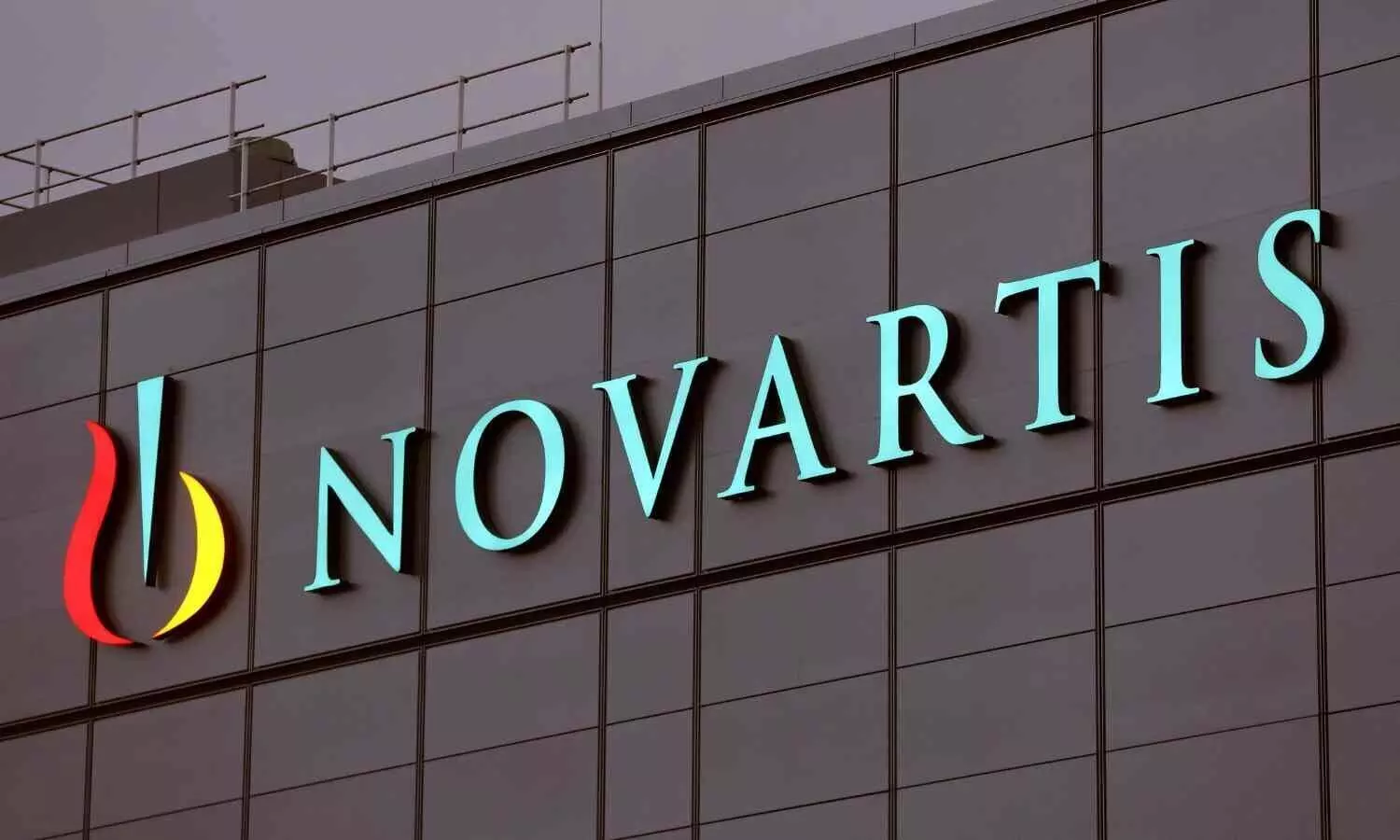Novartis Gets CDSCO Panel Nod to Study Iptacopan in Atypical Hemolytic Uremic Syndrome

New Delhi: The drug major Novartis has got approval from the Subject Expert Committee (SEC) functional under the Central Drug Standard Control Organisation (CDSCO) to conduct the Phase III b clinical study to evaluate the long-term safety, tolerability and efficacy of Iptacopan in aHUS (atypical hemolytic uremic syndrome).
This came after the drug maker Novartis presented phase 3b clinical study protocol no.CLNP023F12001B.version 01 dated 28 July 2023. This is a multicenter, single-arm, open-label, extension study to evaluate the long-term safety, tolerability, and efficacy of iptacopan in participants with aHUS.
aHUS (atypical hemolytic uremic syndrome) is a very rare genetic disease that causes tiny blood clots to form in blood vessels, blocking blood flow to important organs. aHUS can cause kidney failure, heart disease, and other serious health problems.
aHUS is a rare, progressive, and life-threatening form of thrombotic microangiopathy (TMA) caused by dysregulation of the alternative pathway (AP). Inhibiting AP is therefore an attractive therapeutic strategy to slow aHUS disease progression. Iptacopan (LNP023) is an oral, proximal complement inhibitor that specifically binds factor B and inhibits the AP.
Iptacopan is a factor B inhibitor used to treat paroxysmal nocturnal hemoglobinuria. Iptacopan is a small-molecule factor B inhibitor previously investigated as a potential treatment for the rare blood disease paroxysmal nocturnal hemoglobinuria (PNH) by inhibiting the complement factor B.
At the recent SEC meeting for Renal on 21st May 2024, the expert panel reviewed the Phase III b clinical study protocol no. CLNP023F12001B. version 01 dated 28 July 2023 presented by the drug major Novartis.
After detailed deliberation, the committee recommended a grant of permission to conduct the trial as presented by the firm.



